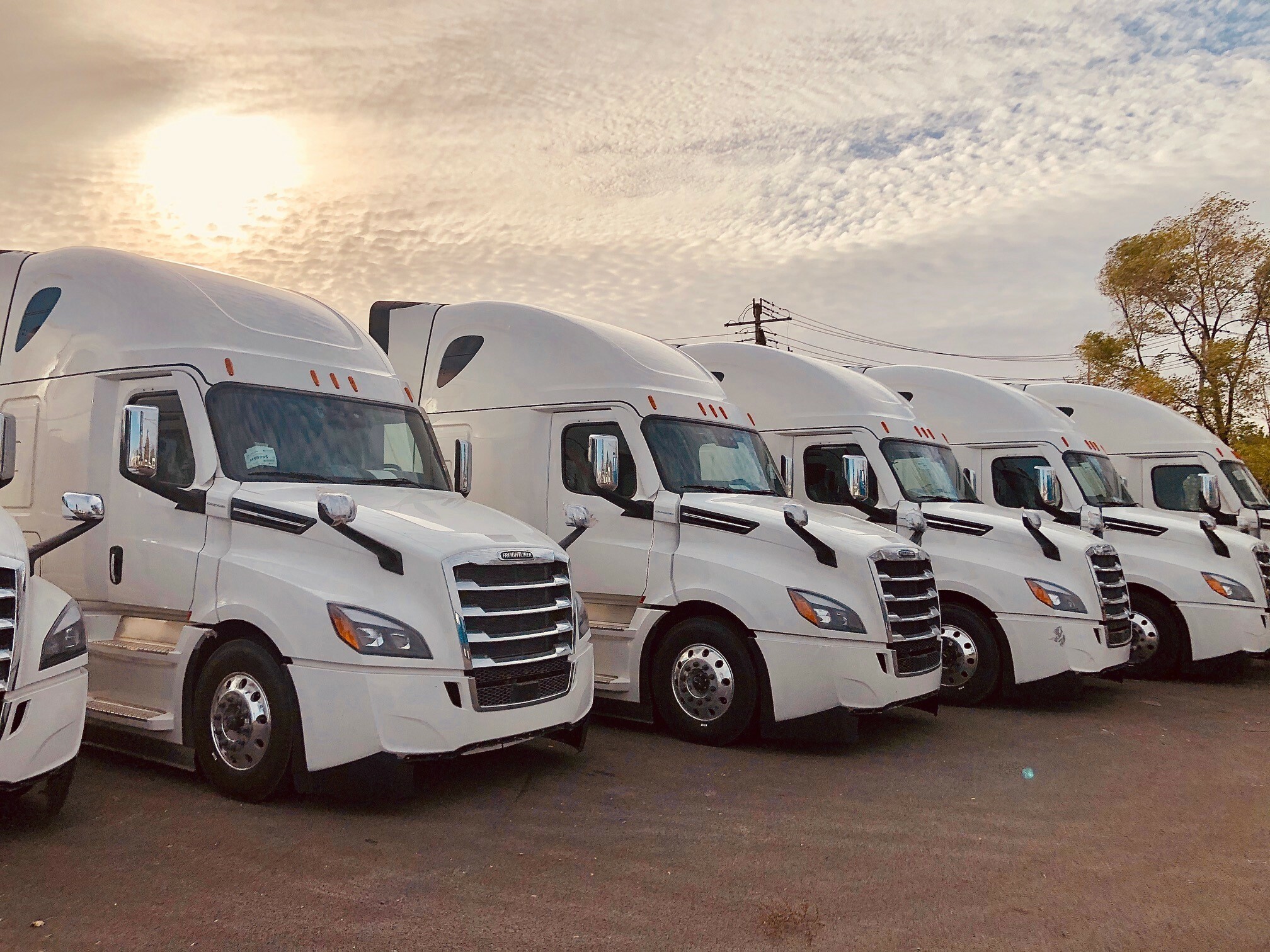The last diesel semi trucks
Jun 05, 2023 in TechnologyWill electric semi-trucks ever replace diesel semi-trucks?
Diesel-powered semi-trucks have been the backbone of the transportation industry for decades. They have been known for their power and efficiency in transporting goods over long distances. However, with the advent of electric vehicles and stricter environmental regulations, diesel-powered semi-trucks are gradually being phased out. In this blog post, we will look at the latest diesel-powered semi-trucks and their impact on the transportation industry.
Semi- Trucks with diesel power manufactured now
Diesel-powered semi-trucks were produced by several manufacturers, including Freightliner, Kenworth, Volvo, and Peterbilt. These trucks were equipped with advanced engines that met the strict environmental regulations set by the government. The engines were designed to reduce emissions and improve fuel efficiency, while still delivering the power and torque needed to haul heavy loads.
One notable example of a last-generation diesel semi-truck is the Freightliner Cascadia. This truck was equipped with a Detroit DD15 engine that delivered up to 505 horsepower and 1,850 lb-ft of torque. The engine was paired with a 12-speed automatic transmission that improved fuel efficiency and reduced driver fatigue. The Cascadia was also equipped with aerodynamic features that reduced wind resistance and further improved fuel efficiency.
Another example of a last-generation diesel semi-truck is the Kenworth T680. This truck was equipped with a PACCAR MX-13 engine that delivered up to 510 horsepower and 1,850 lb-ft of torque. The engine was designed to reduce emissions and improve fuel efficiency, while still providing excellent performance. The T680 was also equipped with advanced safety features such as adaptive cruise control and lane departure warning systems.
Electric entrants in the semi – truck market
Despite their advanced features and capabilities, the latest diesel-powered semi-trucks face increasing competition from electric vehicles. Electric semi-trucks, such as the Tesla Semi, promised to deliver zero emissions and lower operating costs over the lifetime of the vehicle. This has prompted many transportation companies to transition to electric fleets to meet environmental regulations and reduce their carbon footprint.
In conclusion, the last diesel-powered semi-trucks were a testament to the advancements made in the transportation industry. They were designed to be more fuel-efficient, emit fewer pollutants, and deliver superior performance. However, with the rise of electric vehicles and stricter environmental regulations, they will soon be replaced by more environmentally friendly alternatives.



